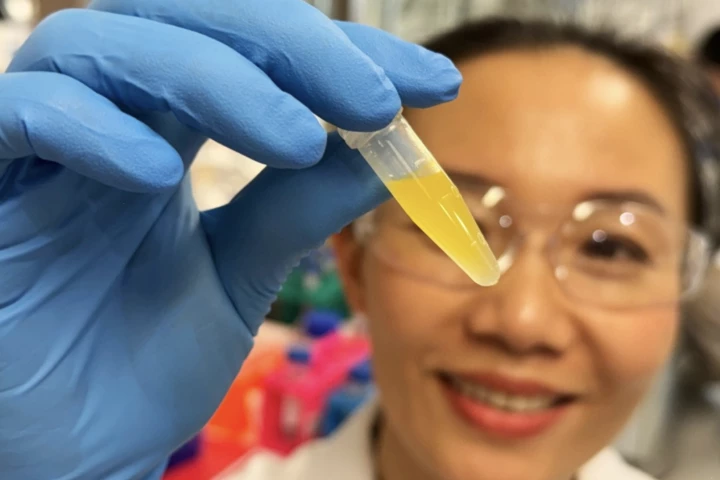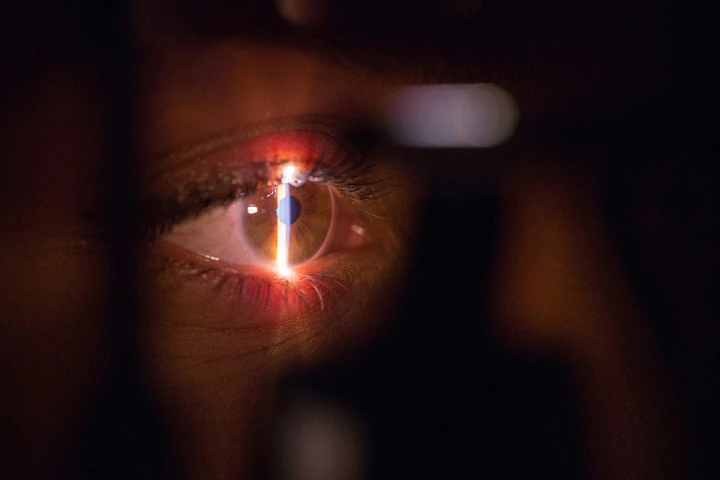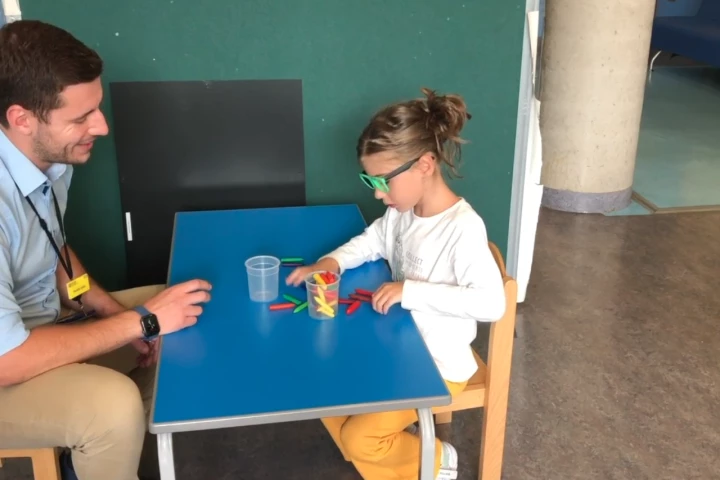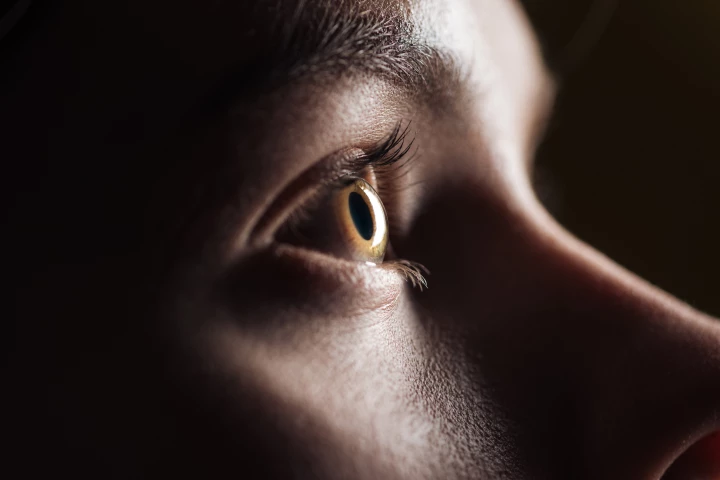Sight
-
The Food and Drug Administration has approved a landmark eye drop that uses a combined dose of medication to restore age-related near-sightedness, without the need for surgery, for longer than anything else on the market – and with fewer side effects.
-
An upcoming wearable device for the legally blind could help them navigate public and outdoor spaces independently, acting as 'glasses' that guide them through their surroundings. Maker .Lumen is accepting reservations now.
-
In a major breakthrough in human tissue replication, for the first time ever a 3D-printed cornea has been transplanted onto a legally blind patient's eye, successfully restoring their sight.
-
Scientists have developed a new eyedrop that can ferry protective compounds all the way to the retina, paving the way for a less-invasive – and injection-free – method of managing sight-stealing diseases such as age-related macular degeneration.
-
Imagine correcting your vision in under a minute – no lasers, blades or pain. Scientists have developed a non-invasive technique that reshapes the cornea using only a mild electric current and a temporary pH change. In early trials, it reversed myopia.
-
A surgical procedure to restore the power of sight to blind patients using their teeth is gaining traction around the world, with Canada opening its first clinic for this treatment. Here's how Osteo-odonto-keratoprosthesis works, and who it's for.
-
Eye injuries that damage the cornea are usually irreversible and cause blindness. But a new clinical trial has repaired this damage in patients thanks to a transplant of stem cells from their healthy eyes.
-
Scientists in the UK have successfully used gene therapy to restore some vision to legally blind children with an inherited retinal condition. All 11 children in the clinical trial saw improvements within weeks of a single surgical treatment.
-
Scientists remain puzzled as to why some people taking popular weight loss and diabetes medications like Ozempic and Wegovy are losing their vision suddenly, highlighting that there's still so much we don't know about this life-changing class of drugs.
-
A clever new set of glasses may offer new hope to people with macular degeneration. By copying the structure of a fly's eyes, the specs are claimed to "fill in" the missing section of the wearer's view of the world.
-
Elon Musk says Neuralink's BlindSight eye implants "ultimately may exceed normal human vision" – but researchers now contend that this is highly unlikely, and new videos show what the world will look like through direct pixels-to-neurons imaging.
-
A popular pill that assists with shut-eye may also help preserve those eyes, with a new study linking melatonin and the slowing of age-related macular degeneration. It's part of a growing body of research into the sight-protecting power of melatonin.
Load More











